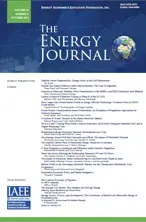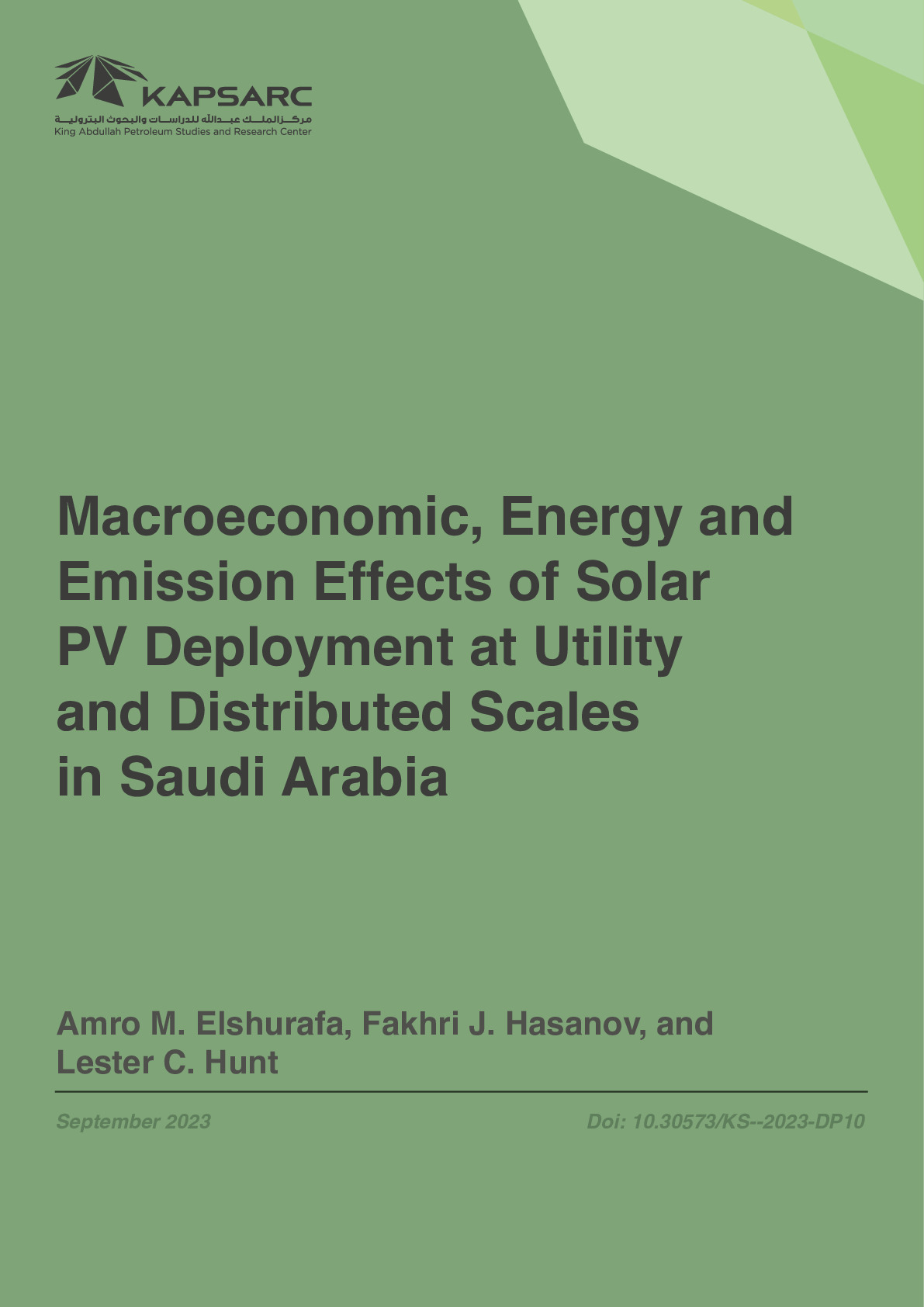Although it is well known that energy demand is derived, since energy is required not for its own sake but for the energy services it produces – such as heating, lighting, and motive power – energy demand models, both theoretical and empirical, often fail to take account of this feature. In this paper, we highlight the misspecification that results from ignoring this aspect, and its empirical implications – biased estimates of price elasticities and other measures – and provide a relatively simple and empirically practicable way to rectify it, which has a strong theoretical grounding. To do so, we develop an explicit model of consumer behaviour in which utility derives from consumption of energy services rather than from the energy sources that are used to produce them. As we discuss, this approach opens up the possibility of examining many aspects of energy demand in a theoretically sound way that have not previously been considered on a widespread basis, although some existing empirical work could be interpreted as being consistent with this type of specification. While this formulation yields demand equations for energy services rather than for energy or particular energy sources, these are shown to be readily converted, without added complexity, into the standard type of energy demand equation(s) that is (are) typically estimated. The additional terms that the resulting energy demand equations include, compared to those that are typically estimated, highlight the misspecification that is implicit when typical energy demand equations are estimated. A simple solution for dealing with an apparent drawback of this formulation for empirical purposes, namely that information is required on typically unobserved energy efficiency, indicates how energy efficiency can be captured in the model, such as by including exogenous trends and/or including its possible dependence on past energy prices. The approach is illustrated using an empirical example that involves estimation of an aggregate energy demand function for the UK with data over the period 1960-2011. © 2015 Elsevier B.V.

Visiting Researcher
Lester C. Hunt is a part-time Professor of Economics at the University of Portsmouth and a KAPSARC Visiting Researcher. Lester…
Lester C. Hunt is a part-time Professor of Economics at the University of Portsmouth and a KAPSARC Visiting Researcher. Lester previously worked at the Universities of Essex (1979-1980), Swansea (1980-1985 and 1987-1989), Surrey (1989-1991 and 1999-2017), and Portsmouth (1994-1998, and 2017 onwards). At Surrey he was Head of Economics (1999-2003) and Director of SEEC (2003-2015). At Portsmouth he was Head of Economics (1996 -1998) and Head of Economics and Finance (2017-2021). In addition to working in higher education, Lester was an Economic Adviser in the forecasting division of HM Treasury (1985-1987), an Energy Analyst/Economist at Midlands Electricity (1991-1994) and a Senior Research Fellow at KAPSARC (2015-2017). Lester holds a B.Sc. (Hons) in Economics with Econometrics from Loughborough University, an MA in Economics from the University of Essex, and a Ph.D. in Economics from the University of Surrey. He has been an Editor of The Energy Journal since 2006.
Expertise
- Energy Economics and Policy
Publications See all Lester C. Hunt’s publications

Projecting Saudi Arabia’s CO2 Dynamic Baselines to 2060: A Multivariate Approach
Although it is well known that energy demand is derived, since energy is required not…
12th June 2024
Macroeconomic, Energy and Emission Effects of Solar PV Deployment at Utility and Distributed Scales in Saudi Arabia
Although it is well known that energy demand is derived, since energy is required not…
14th September 2023